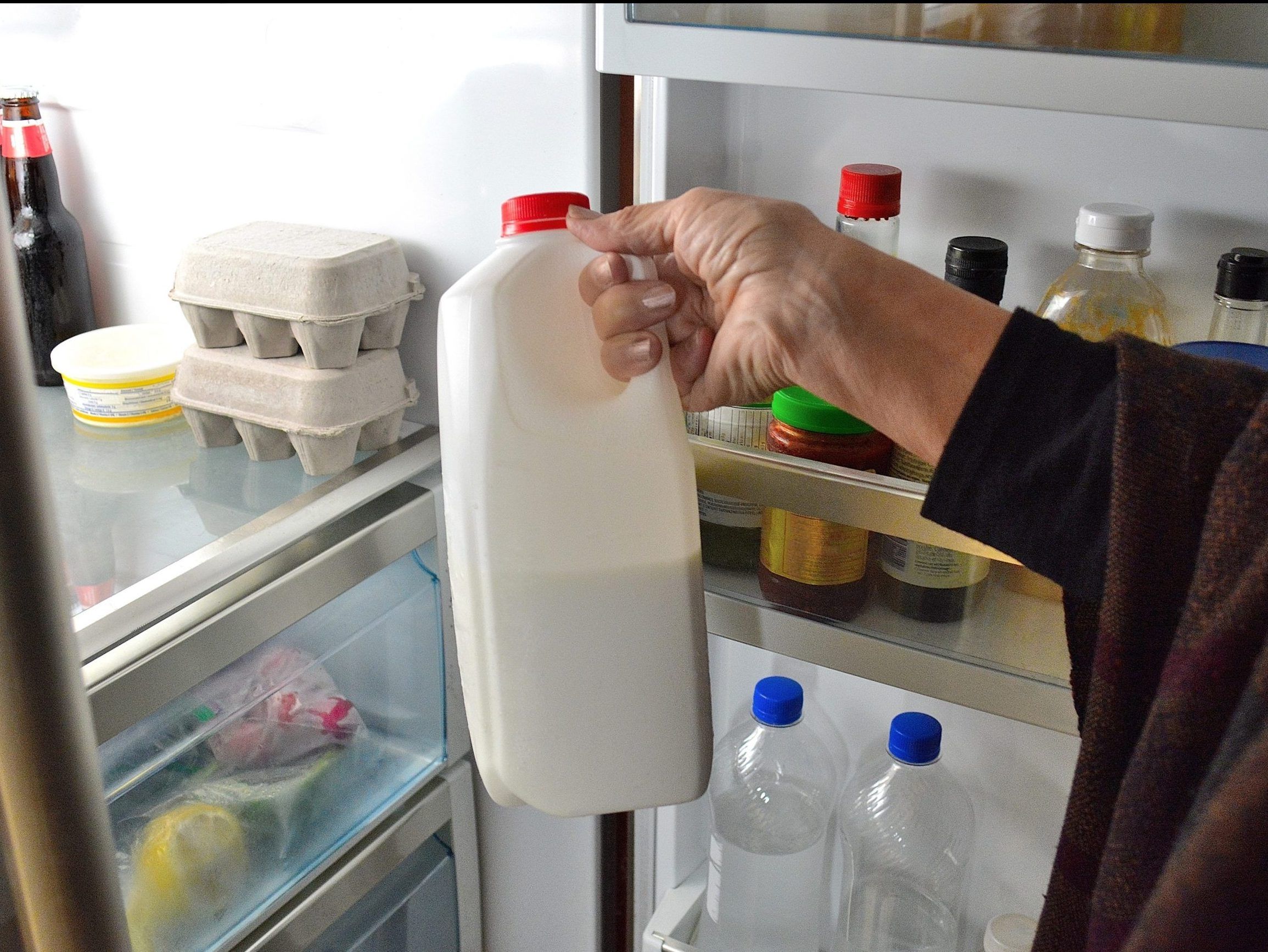Business
Ottawa Considers Dairy Market Changes Amid Trade Pressures

Canada’s dairy sector stands at a crossroads as the federal government contemplates regulatory changes that could increase access to U.S. dairy products. For decades, Canada’s supply management system has provided stability and support to local farmers by regulating production and controlling imports through tariff rate quotas (TRQs). This model has ensured steady incomes for farmers, bolstered rural communities, and maintained a degree of food sovereignty. However, recent discussions signal that this system may be under increasing strain.
With the upcoming review of the United States–Mexico–Canada Agreement (USMCA) in 2026, Ottawa is exploring options to alleviate one of Washington’s long-standing grievances: access to Canada’s dairy market. While the government asserts that supply management remains essential, the reality is that changes to TRQs could effectively open the door wider to American dairy products, a move that could reshape the Canadian market.
Officially, the federal government maintains that supply management is “sacrosanct.” In 2023, legislation passed in Parliament aimed to prevent future administrations from negotiating further access to supply-managed goods. Yet this law appears largely symbolic, as Ottawa can still modify the allocation of existing TRQs without reopening the USMCA. By shifting import licenses from processors to major retailers like Loblaws, Costco, and Metro, the government could fulfill U.S. demands for greater market access.
This shift would not be a minor adjustment; it would fundamentally alter who controls dairy imports into Canada. Granting retailers direct access allows U.S. milk and cheese to bypass the country’s processors, potentially destabilizing a system designed around strictly managed supply.
Over the years, political leaders have pledged to protect supply management. In 2009, Dominic LeBlanc, then Minister of Fisheries, Oceans and the Canadian Coast Guard, assured Parliament that “the security and future of supply management will be protected.” In 2016, he reiterated the government’s commitment to supporting the system against calls for its abolition. Yet, with the implementation of USMCA in 2020, greater access for U.S. dairy producers became a reality, raising questions about the government’s consistency on this issue.
Critics argue that the current supply management system is increasingly incompatible with the pressures of global trade. Advocates for reform highlight potential consumer benefits, including lower prices and an expanded variety of dairy products, particularly important as food inflation continues to strain household budgets. This perspective resonates with the public and offers justification for policymakers considering changes.
Despite these arguments, the long-term economic implications of supply management are significant. For decades, this model has shielded farmers and processors from market fluctuations, but it has also stifled innovation and efficiency. Canada risks lagging behind in a globalized food economy unless it modernizes its agricultural practices.
As Ottawa prepares for future negotiations with the U.S., it faces more than just the challenge of trade concessions. The fundamental question is whether the supply management model can adapt to current realities. The U.S. administration, regardless of its leadership, will continue to advocate for increased access, as Canada’s existing system contradicts the principles of liberalized trade.
Ultimately, the decision before Canadian policymakers transcends immediate consumer price concerns. It involves a critical evaluation of whether to maintain a legacy agricultural framework or to embrace reforms that balance farmer stability with the demands of global competitiveness. This is not merely about protecting a traditional system; it is about positioning Canada to thrive in an evolving agricultural landscape.
-

 Education2 months ago
Education2 months agoBrandon University’s Failed $5 Million Project Sparks Oversight Review
-

 Lifestyle3 months ago
Lifestyle3 months agoWinnipeg Celebrates Culinary Creativity During Le Burger Week 2025
-

 Science3 months ago
Science3 months agoMicrosoft Confirms U.S. Law Overrules Canadian Data Sovereignty
-

 Health3 months ago
Health3 months agoMontreal’s Groupe Marcelle Leads Canadian Cosmetic Industry Growth
-

 Science3 months ago
Science3 months agoTech Innovator Amandipp Singh Transforms Hiring for Disabled
-

 Technology3 months ago
Technology3 months agoDragon Ball: Sparking! Zero Launching on Switch and Switch 2 This November
-

 Education3 months ago
Education3 months agoRed River College Launches New Programs to Address Industry Needs
-

 Technology3 months ago
Technology3 months agoGoogle Pixel 10 Pro Fold Specs Unveiled Ahead of Launch
-

 Technology1 month ago
Technology1 month agoDiscord Faces Serious Security Breach Affecting Millions
-

 Business2 months ago
Business2 months agoRocket Lab Reports Strong Q2 2025 Revenue Growth and Future Plans
-

 Science3 months ago
Science3 months agoChina’s Wukong Spacesuit Sets New Standard for AI in Space
-

 Education3 months ago
Education3 months agoAlberta Teachers’ Strike: Potential Impacts on Students and Families
-

 Technology3 months ago
Technology3 months agoWorld of Warcraft Players Buzz Over 19-Quest Bee Challenge
-

 Business3 months ago
Business3 months agoNew Estimates Reveal ChatGPT-5 Energy Use Could Soar
-

 Business3 months ago
Business3 months agoDawson City Residents Rally Around Buy Canadian Movement
-

 Education3 months ago
Education3 months agoNew SĆIȺNEW̱ SṮEȽIṮḴEȽ Elementary Opens in Langford for 2025/2026 Year
-

 Technology1 month ago
Technology1 month agoHuawei MatePad 12X Redefines Tablet Experience for Professionals
-

 Technology3 months ago
Technology3 months agoFuture Entertainment Launches DDoD with Gameplay Trailer Showcase
-

 Business3 months ago
Business3 months agoBNA Brewing to Open New Bowling Alley in Downtown Penticton
-

 Technology3 months ago
Technology3 months agoGlobal Launch of Ragnarok M: Classic Set for September 3, 2025
-

 Technology3 months ago
Technology3 months agoInnovative 140W GaN Travel Adapter Combines Power and Convenience
-

 Science3 months ago
Science3 months agoXi Labs Innovates with New AI Operating System Set for 2025 Launch
-

 Technology3 months ago
Technology3 months agoNew IDR01 Smart Ring Offers Advanced Sports Tracking for $169
-

 Technology3 months ago
Technology3 months agoDiscover the Relaxing Charm of Tiny Bookshop: A Cozy Gaming Escape










